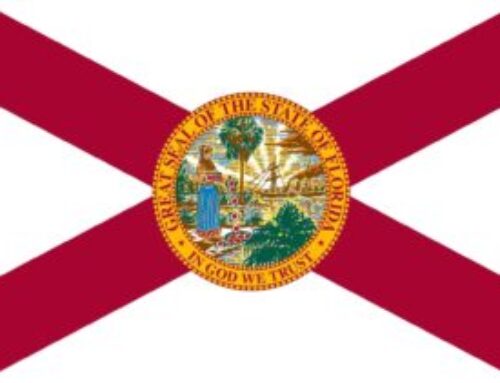Understanding public records is crucial for government transparency. Massachusetts’ public records law facilitates this exchange. However, navigating these laws can be challenging, prompting questions about accessing information. This blog post addresses frequently asked questions about the Massachusetts Public Records Law. Whether you’re a journalist, researcher, or resident, this guide aims to help you navigate our state’s public records. Note that answers may change due to law modifications. Consult the latest version of the Massachusetts Public Records Law for accurate and up-to-date information.
GovTransfer is a cutting-edge workflow platform designed specifically for government agencies. Our mission is to revolutionize government operations by streamlining and automating workflows while ensuring strict compliance with regulations. We exist to empower government agencies with world-class software solutions that enhance their efficiency, effectiveness, and overall performance, ultimately fostering a more efficient and responsive government for the benefit of citizens.
The GovTransfer team has enabled government agencies to deliver over 1,000,000 records to the public. Our expertise in the government sector drives us to develop innovative software solutions that automate workflows and ensure secure and efficient information delivery. We are proud of our accomplishments and remain dedicated to building upon our past successes to provide impactful solutions for government agencies.
Updated: 5/31/2023
Massachusetts Public Record Records Law | Chapter 66
Common Questions about the Massachusetts Public Records Law
1. What constitutes a public record?
2. Who can request public records?
3. What agencies or entities are subject to public records laws?
4. Are there any fees associated with making a public records request?
5. How long does it take to process a public records request?
6. How can I request public records?
You can request public records by mail, email, or in person. Some entities have launched public record portals that allow for online submission. You must provide the agency with the following information:
- Your name and contact information
- The specific records you are requesting
- The format in which you would like to receive the records
7. Are there any exceptions or exemptions to public records law?
Yes, there are a few exceptions to the public records law. These exceptions include:
- Records that are confidential by law, such as records related to personnel matters or criminal investigations
- Records that would reveal trade secrets or other confidential business information
- Records that would endanger the safety of individuals or the public



